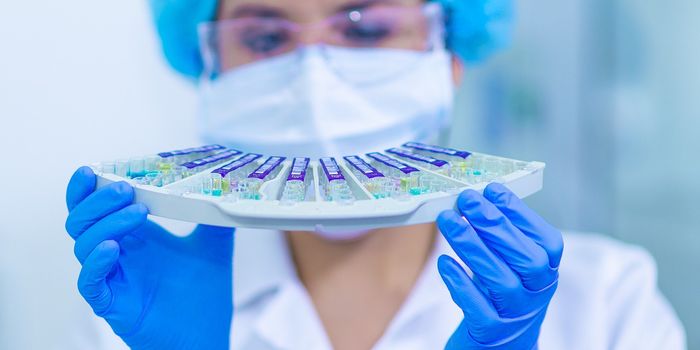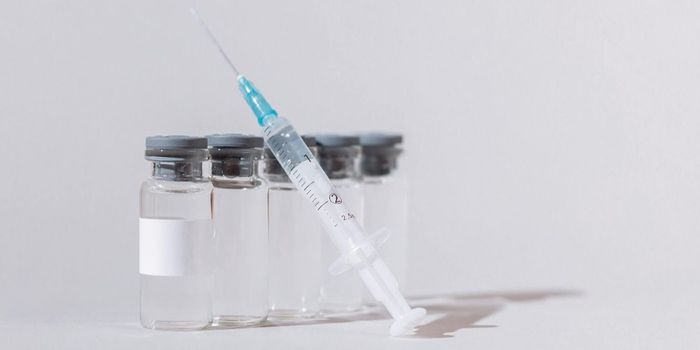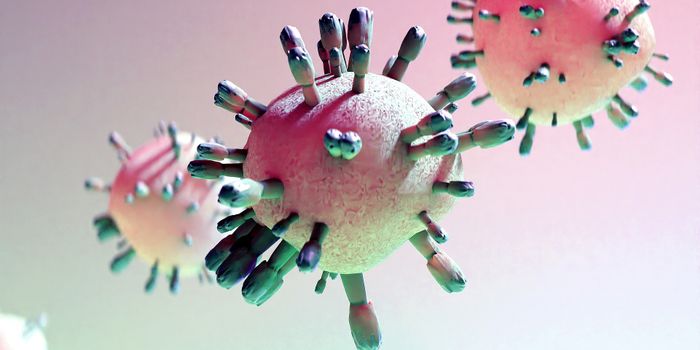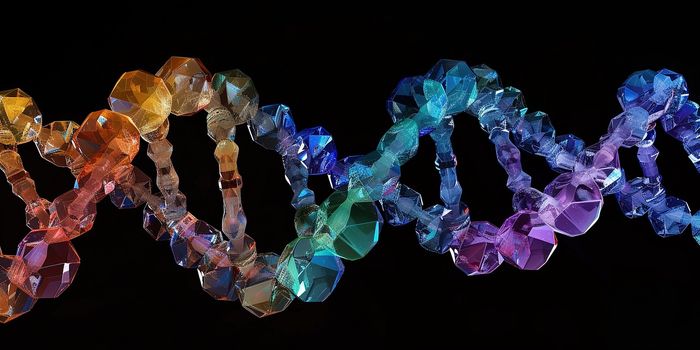An Ointment to Stop Skin Cancer Growth
Russian scientists are developing an ointment to undermine the growth of skin cancer, according to a review recently published in Molecules. One in three cases of cancer diagnosed globally is of the skin, and the WHO predicts the U.S. population will experience a 10 percent increase in skin cancers by about 2050.
The new ointment employs antisense oligonucleotides (synthetic DNA and RNA fragments), which are already being studied in several applications for cancer treatment. In this case, these fragments support the proteins that help the body’s cells carry out programmed death. If the proteins are not able to function due to UV light damaging the skin, skin cells can divide without restriction and mutate, leading to the growth of tumors.
The ointment containing the protein-supporting antisense oligonucleotides might be especially helpful to people who have already undergone surgical excision of their skin cancer. Surgery is often the most reliable choice for skin cancers, but it can sometimes be hard to find a tumor’s boundaries and depth, according to EurekAlert. This is especially true and worrisome for the most aggressive and lethal types of skin cancer (melanoma and Merkel carcinoma). The new ointment is intended to address melanoma.
“To cope with that, we consider special ointments as promising treatment, which we suggest as an additional measure to surgical excision… In some cases, at the initial stages of the malignancy, ointment-based treatment, perhaps, will allow one to completely avoid the operation,” Deputy Director for Development and Head of Laboratory of Biomedical Cell Technologies at Far Eastern Federal University (FEFU) School of Biomedicine, Vadim Kumeiko, said. He added that the ointment might also alleviate the “aesthetic defects” that come with surgery for some patients.
Speed of delivery is a tricky issue for antisense oligonucleotides, because they are unstable and can lose effectiveness quickly. This is one reason a direct topical application is being explored, as opposed to intravenous methods.
Scientists from FEFU, V.I. Vernadsky Crimean Federal University, Dmitry Mendeleev University of Chemical Technology and Far Eastern Branch of the Russian Academy of Sciences carrying out this work, with funding under the Development Program of V.I. Vernadsky Crimean Federal University for 2015 to 2024.
Learn more about how skin cancer spreads in this Mayo Clinic video:
Source: EurekAlert










